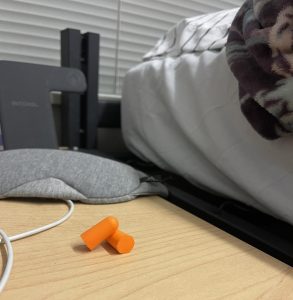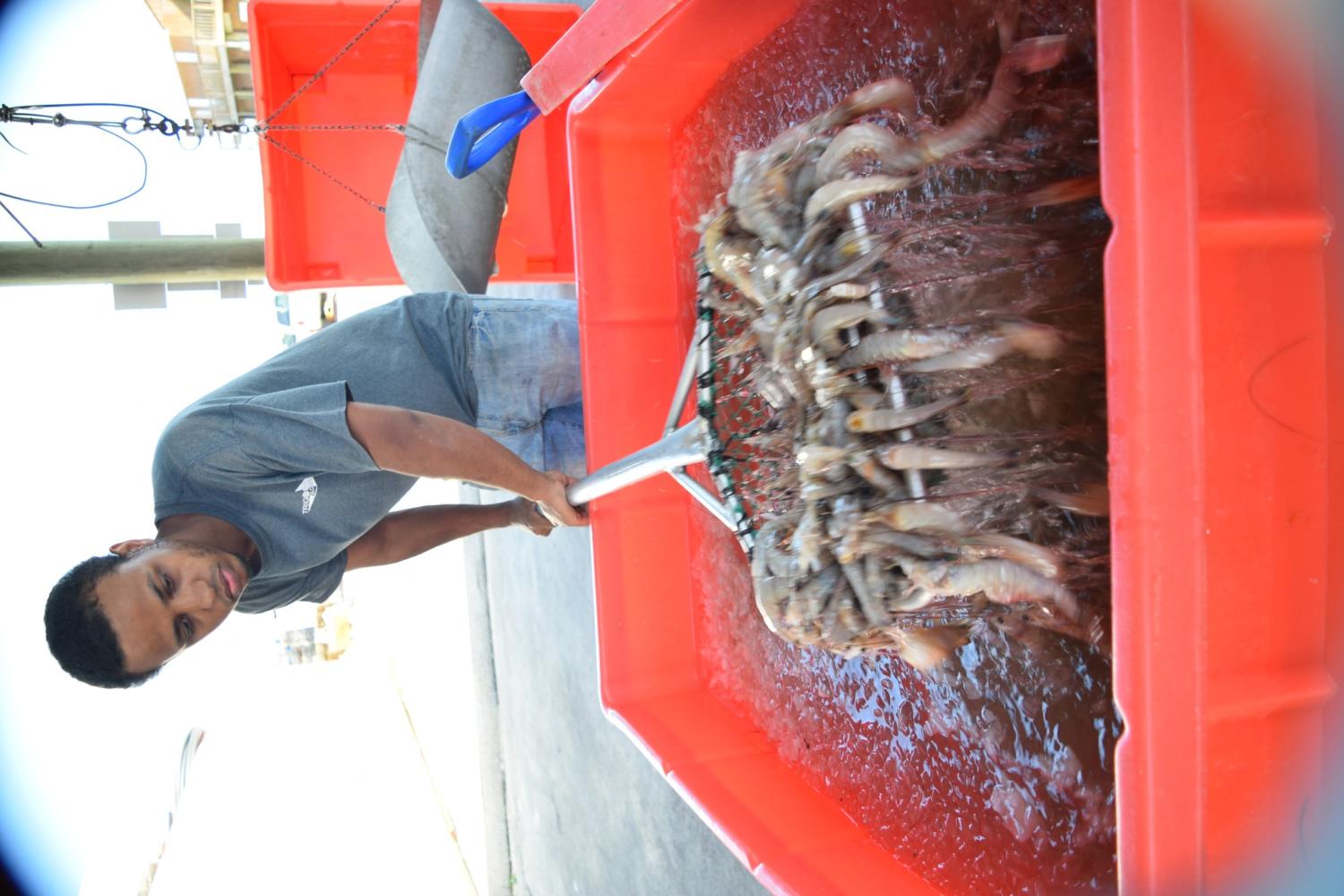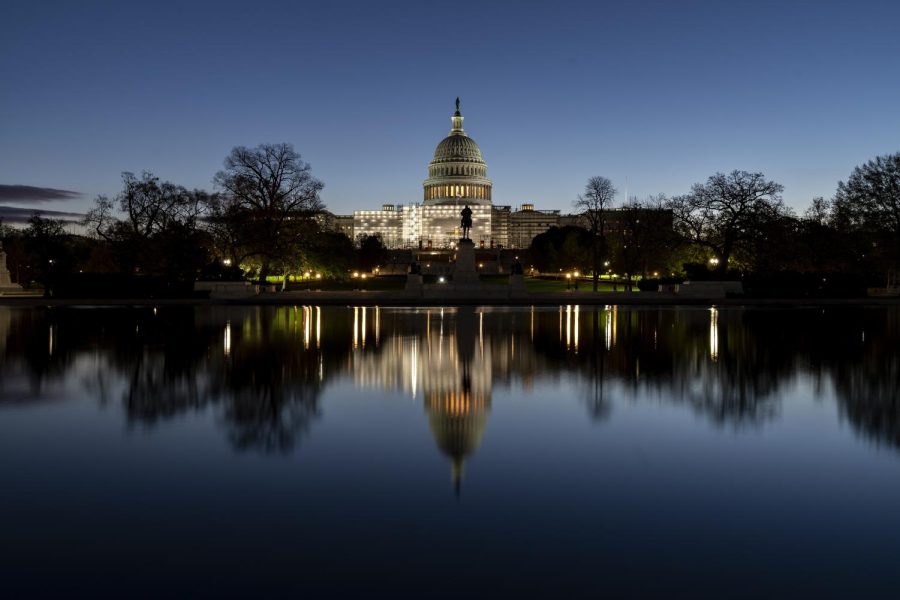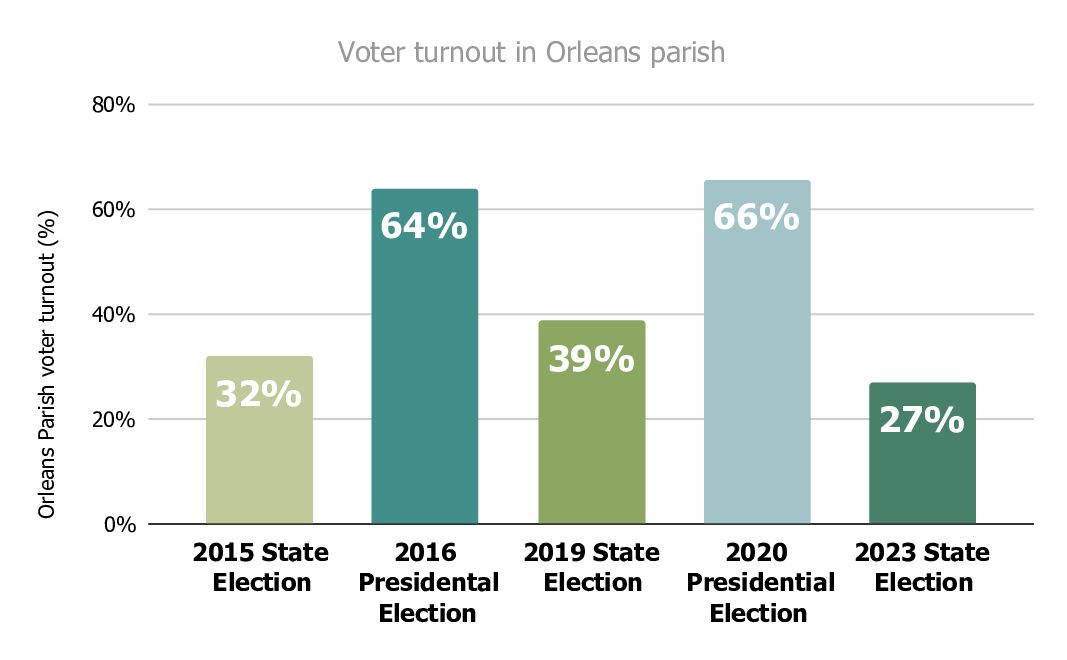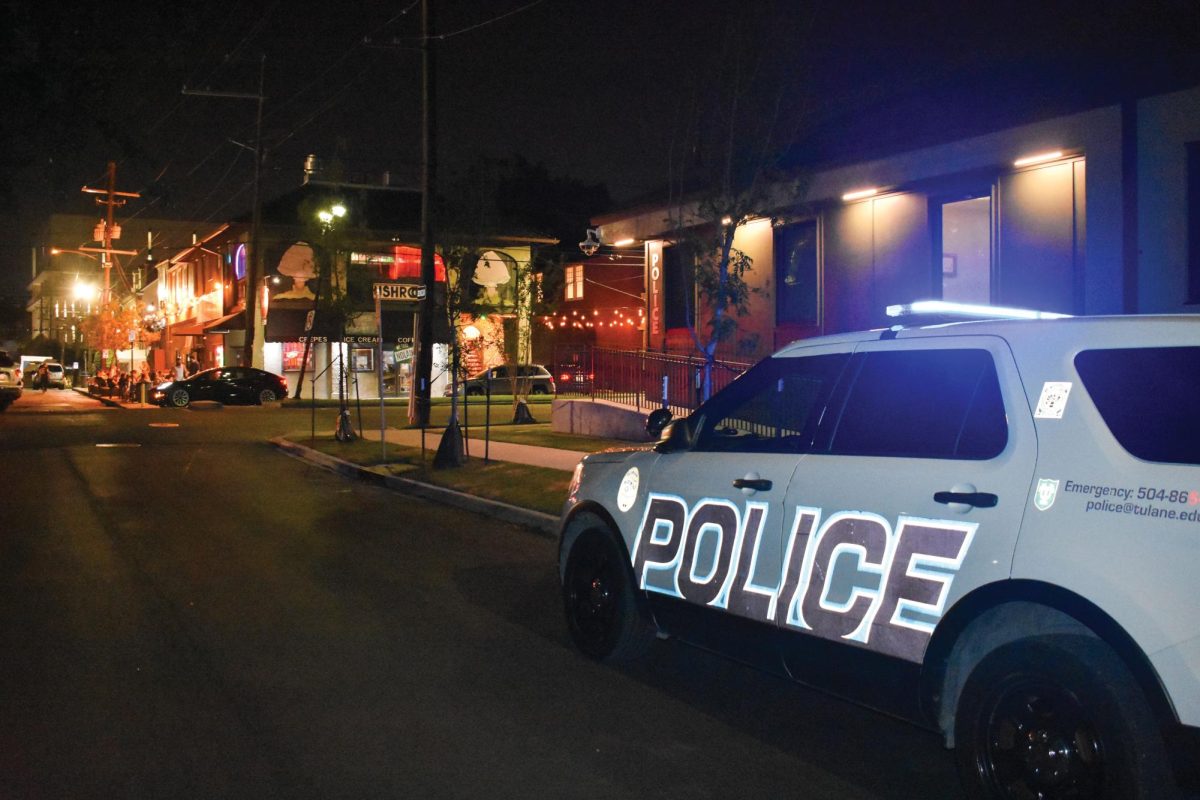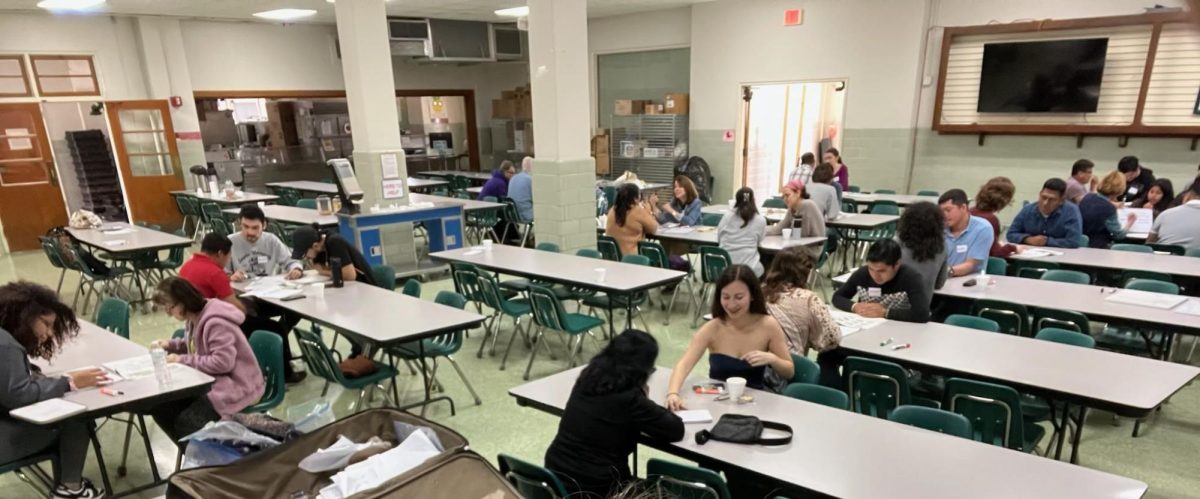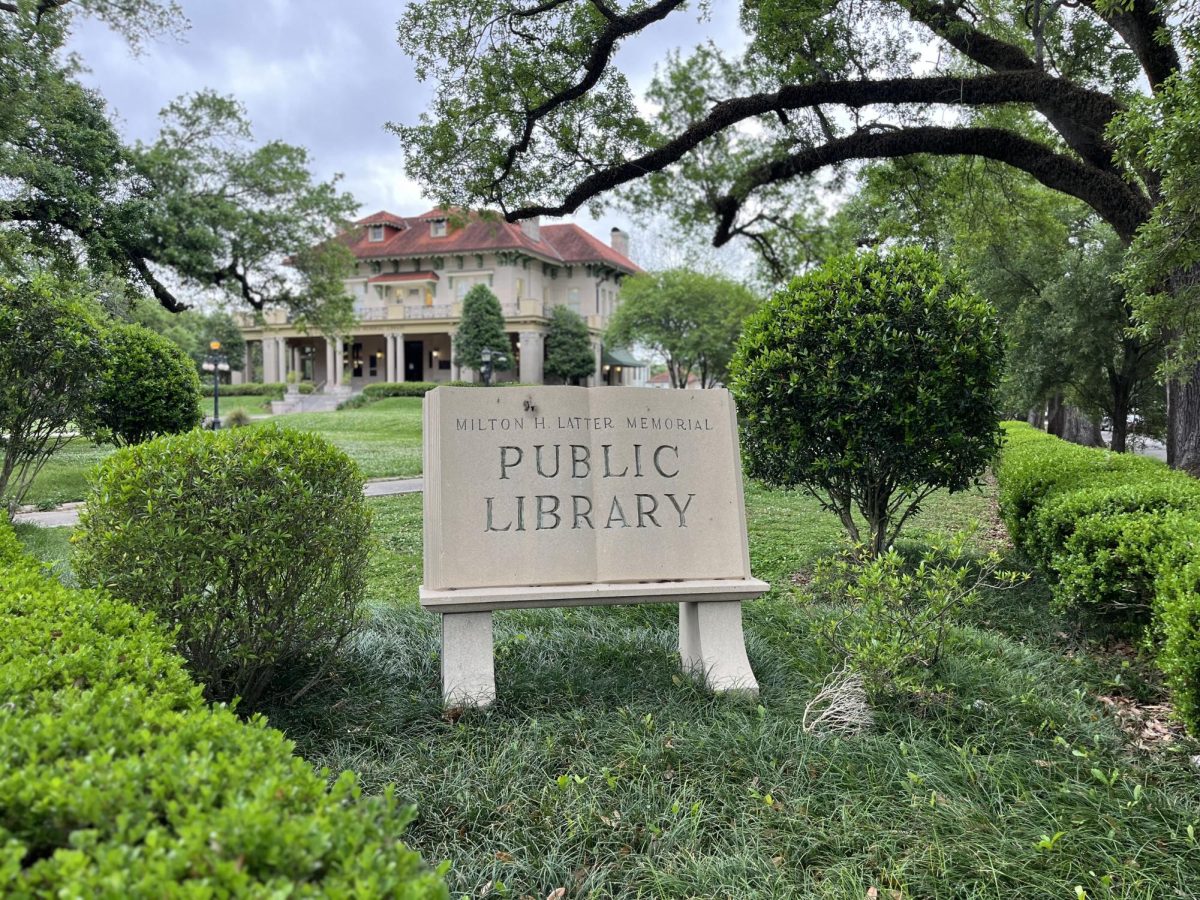Environmental disasters and climate change are changing Louisiana’s coastline, leading to struggles for Cajun communities across the state.
The Cajun culture, which relies heavily on fishing and other fruits of the bayou, is in danger as rising sea levels and deteriorating environmental conditions threaten their rural homesteads.
Due to the decline of the environmental health of the coast, Cajun coastal towns are shrinking in population. The Cajuns who still live there, however, are determined to fight until the last encroaching wave drives them from the land on which they have lived on for more than 200 years.
The route down the bayous past Houma is crowded with fishing camps. Clever signs mark the arrival into Grand Isle: “Miss Behavin’,” “Daddy’s Home” and “Dockside Castaway” are just a few of the names you’ll see along the beachfront. A popular sport-fishing spot, Grand Isle has an offseason population of fewer than 1,400 people according to the U.S. Census Bureau. That number takes into account the families involved with the fisheries and tourism on the island, but a few years ago, the population was much higher.
Dean Blanchard, owner of Blanchard’s Shrimp Company, gave a few answers as to why he thinks so many people are leaving Grand Isle.
“When I first started, there used to be families working on boats together. Now it’s all older guys,” Blanchard said. “When I was a little boy, we’d get off school and go straight to the docks across the street to help with the catch. Now everyone is leaving for the city. First the coast, then the water, now the people; that’s just the way it goes. We won’t be here that much longer if it keeps up this way.”
The population of the island in 2009 was 1,677 people. Just one year later, the population dropped to 1,300 people.
A 377 person drop might not seem like a lot, but most of those people are fishermen and their families. Blanchard seems to think that the 2010 BP oil spill is the cause of the population decrease.
“I mean, we’re Cajuns, man. In 1710, people kicked us out so we came down here; 300 years later they throw oil on us. They don’t like us,” Blanchard said.
Blanchard described the sequence of events jokingly, but he lost millions of dollars in the months following the oil spill, in both revenue and health. He said that many of the families just couldn’t afford to live on the island anymore and had to leave to go to bigger cities with more job opportunities.
Aside from the spill ruining livelihoods, the island is also disappearing.
“They keep opening up these paths for exploration, and the bigger they get, the faster the land washes away,” Blanchard said. “You got nothing but little islands out here now; it used to be like a corn maze, when I was a kid, to get to Lafitte. Now it’s nothing but open water.”
According to the U.S. Geological Survey, Louisiana is losing more than 35 square miles of land a year, putting communities like Grand Isle on the cusp of extinction.
There are many plans on the table with Louisianan politicians, with one plan getting the green light so far: the Resources and Ecosystems Sustainability, Tourist Opportunities and Revived Economies. The plan will cost $811 million dollars and will be funded partly by funds received by a large settlement with BP. The RESTORE Act Plan will be implemented during a span of 15 years and range from rebuilding lush coastal ecosystems to protecting the Gulf Coast from erosion.
More than 100 miles away from the nearest fast food restaurant and another 75 miles away from the nearest bank, Blanchard said he wouldn’t live anywhere else.
p.p1 {margin: 0.0px 0.0px 0.0px 0.0px; text-align: justify; text-indent: 10.0px; font: 8.5px Utopia}
“I love these people and this land; it isn’t a bad place to live and raise a family,” Blanchard said. “The longest I’ve ever been away from the water was about 500 days. I was born here and I’ll die here. Our land and our way of life might not be here for that much longer, but lord knows I will be.”






